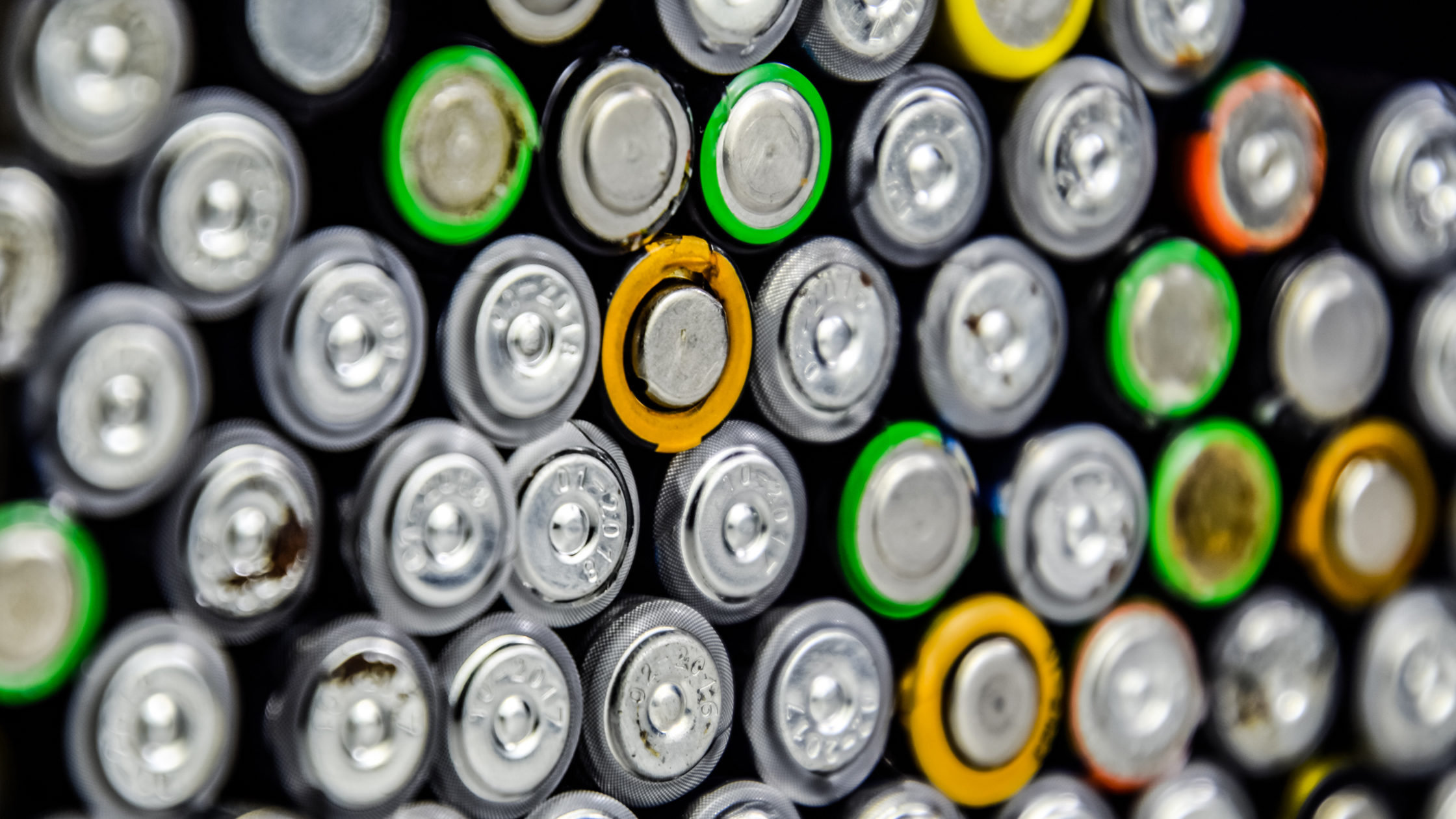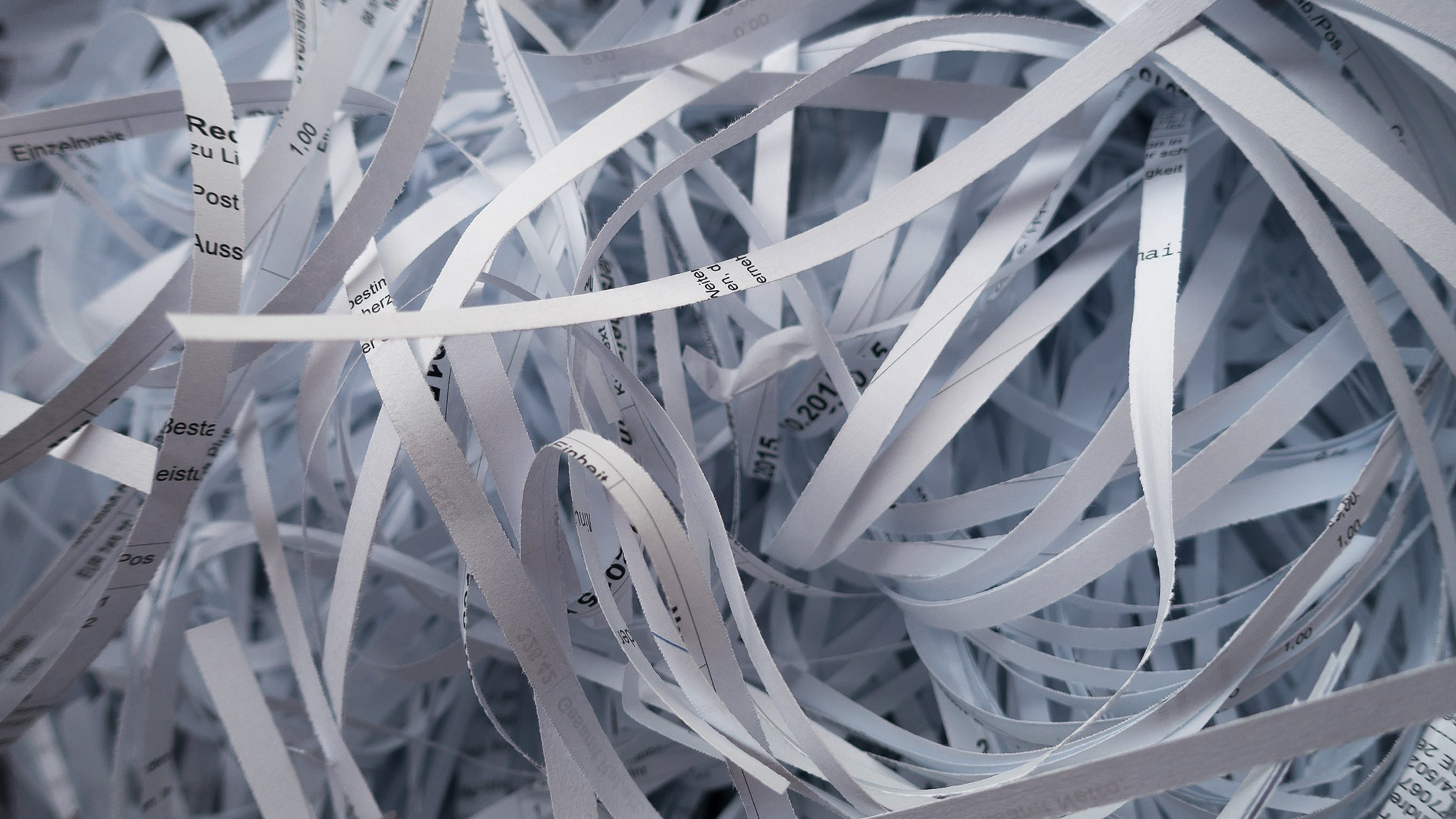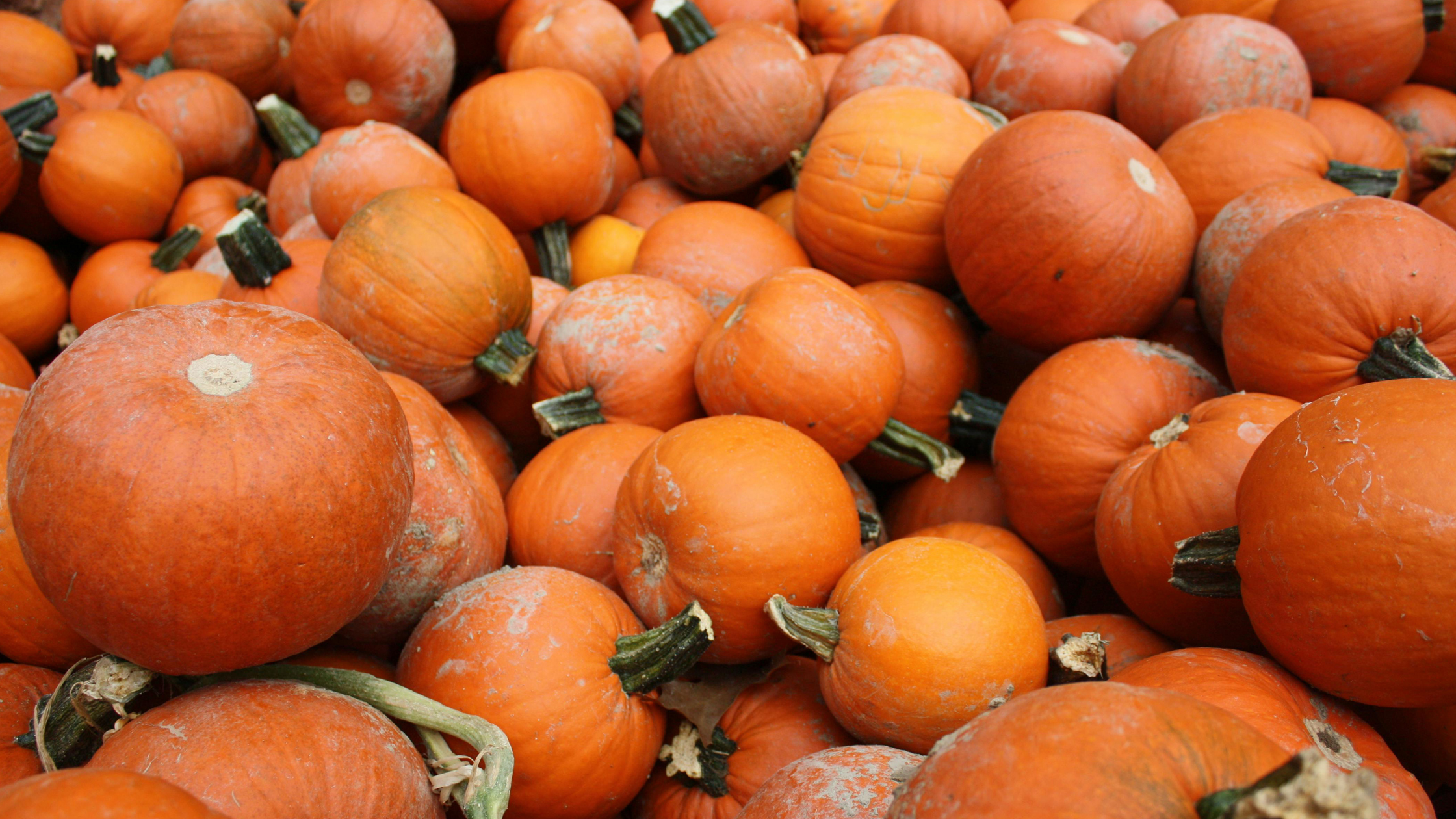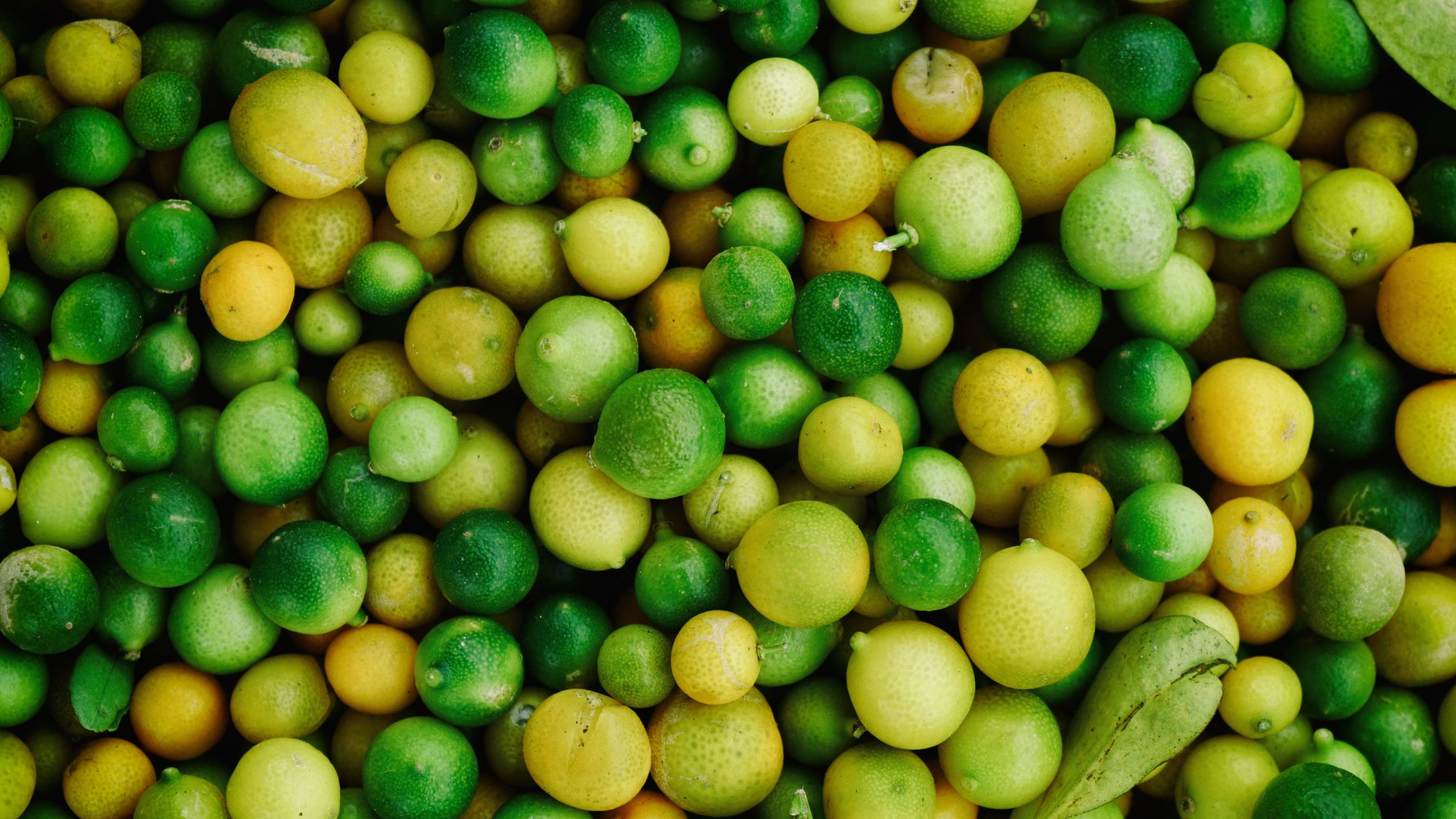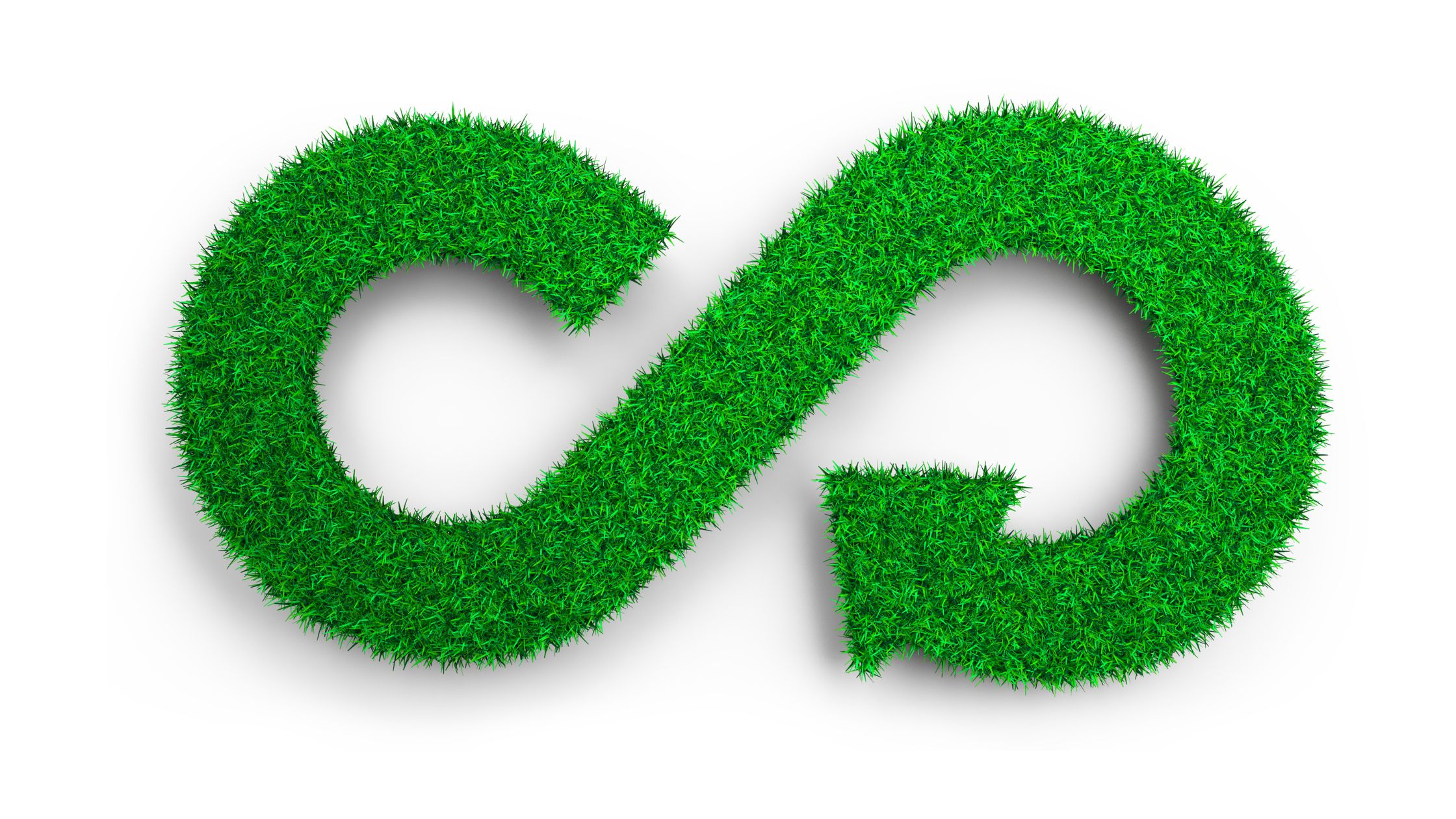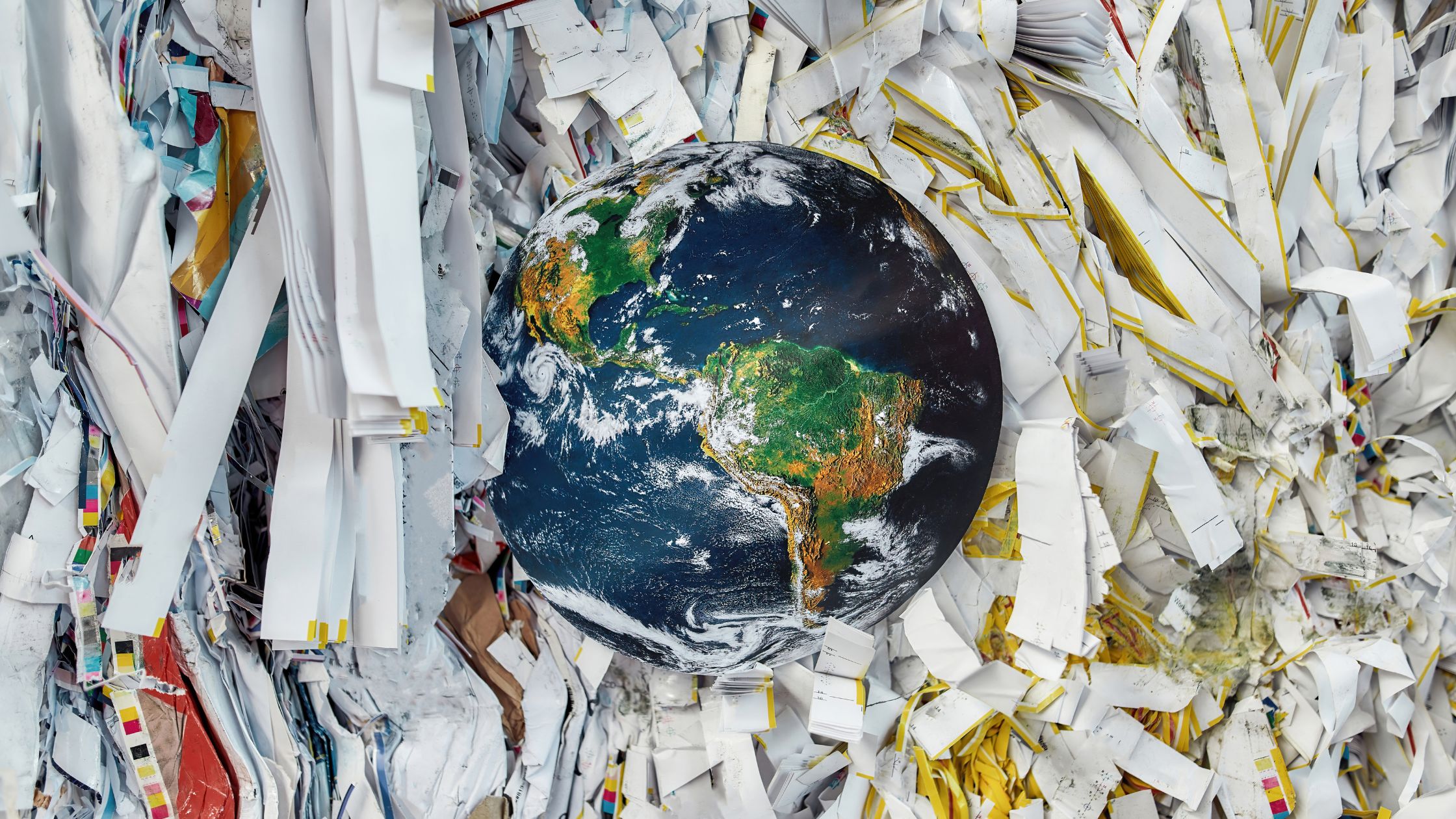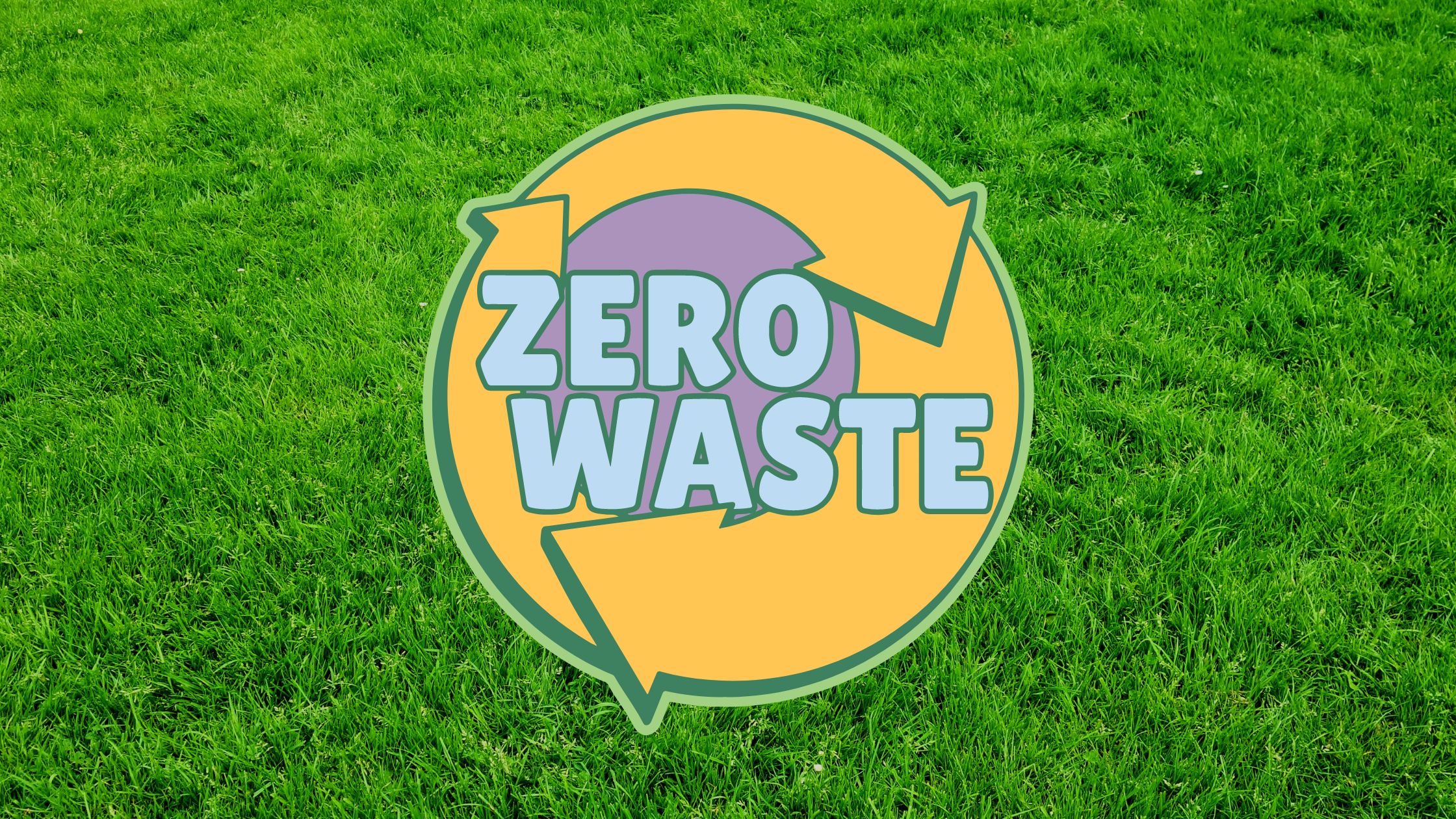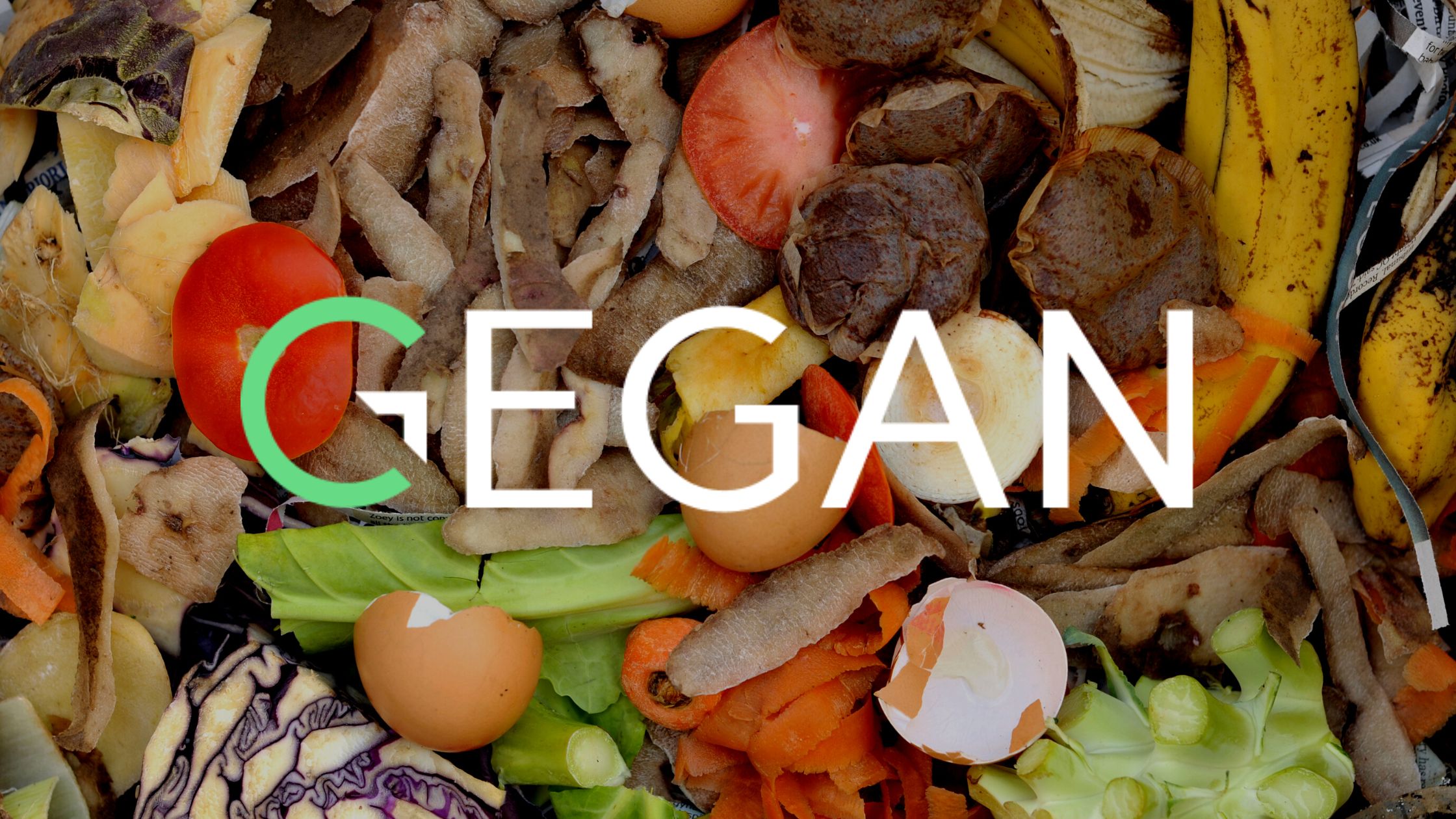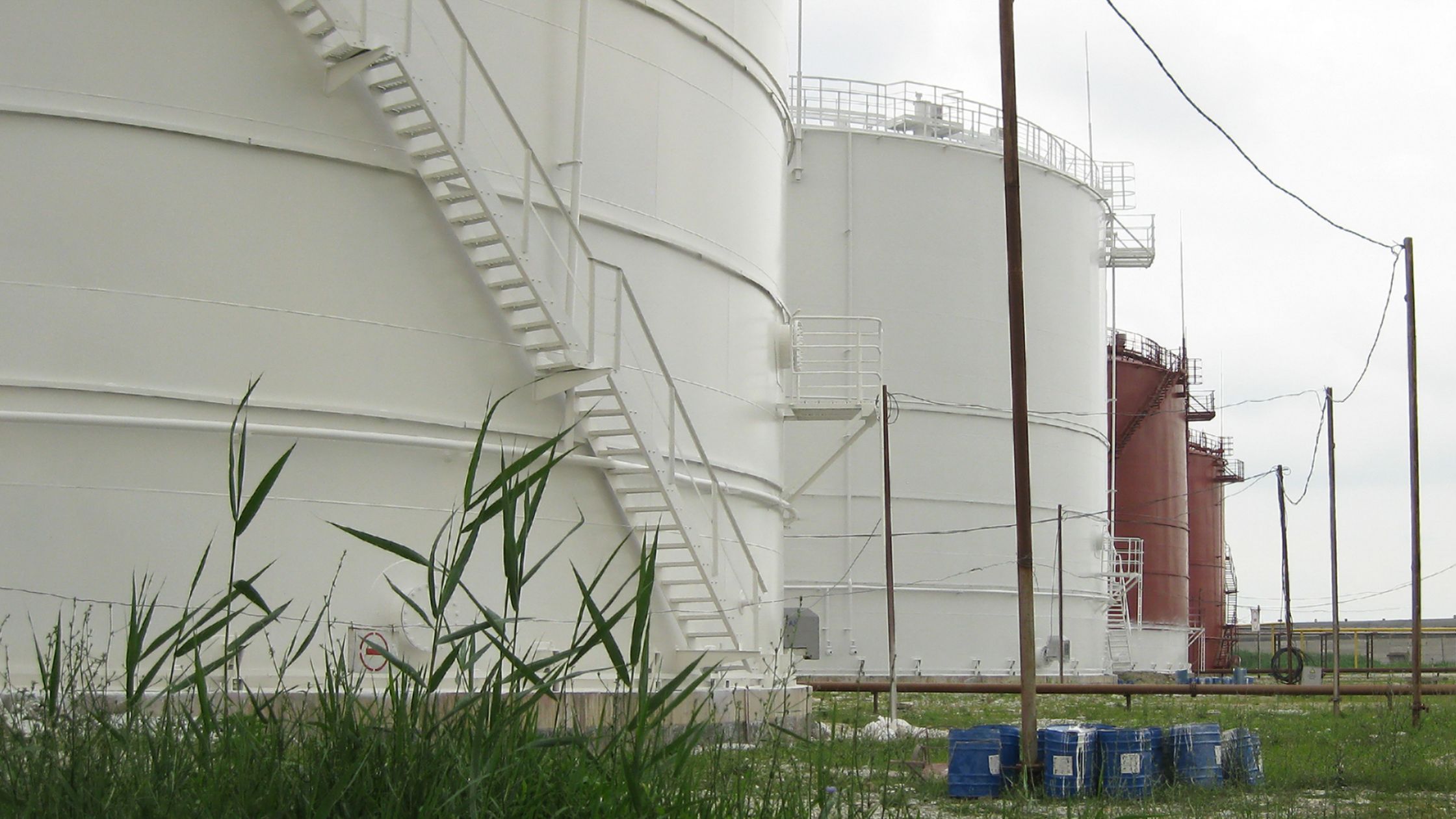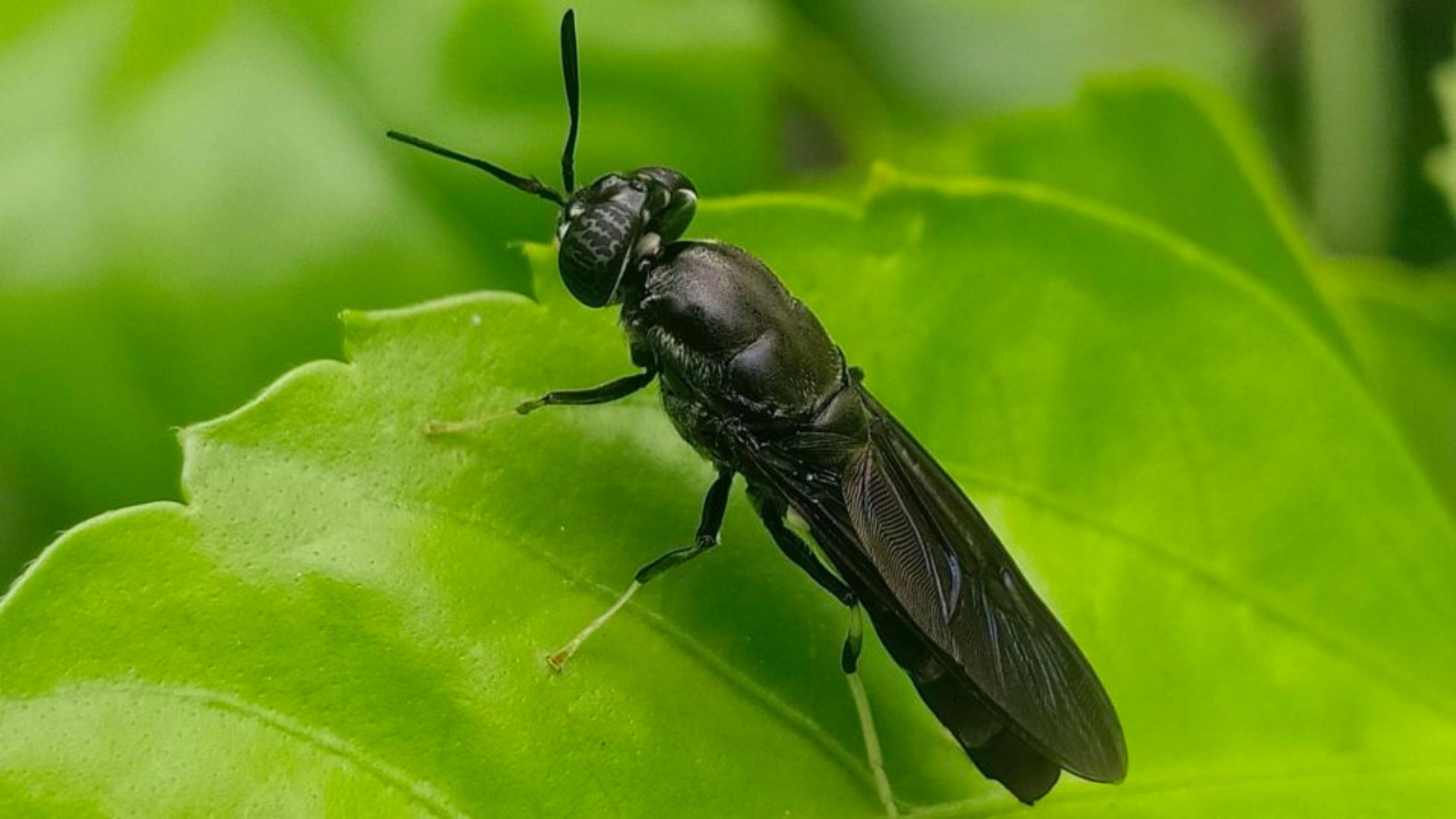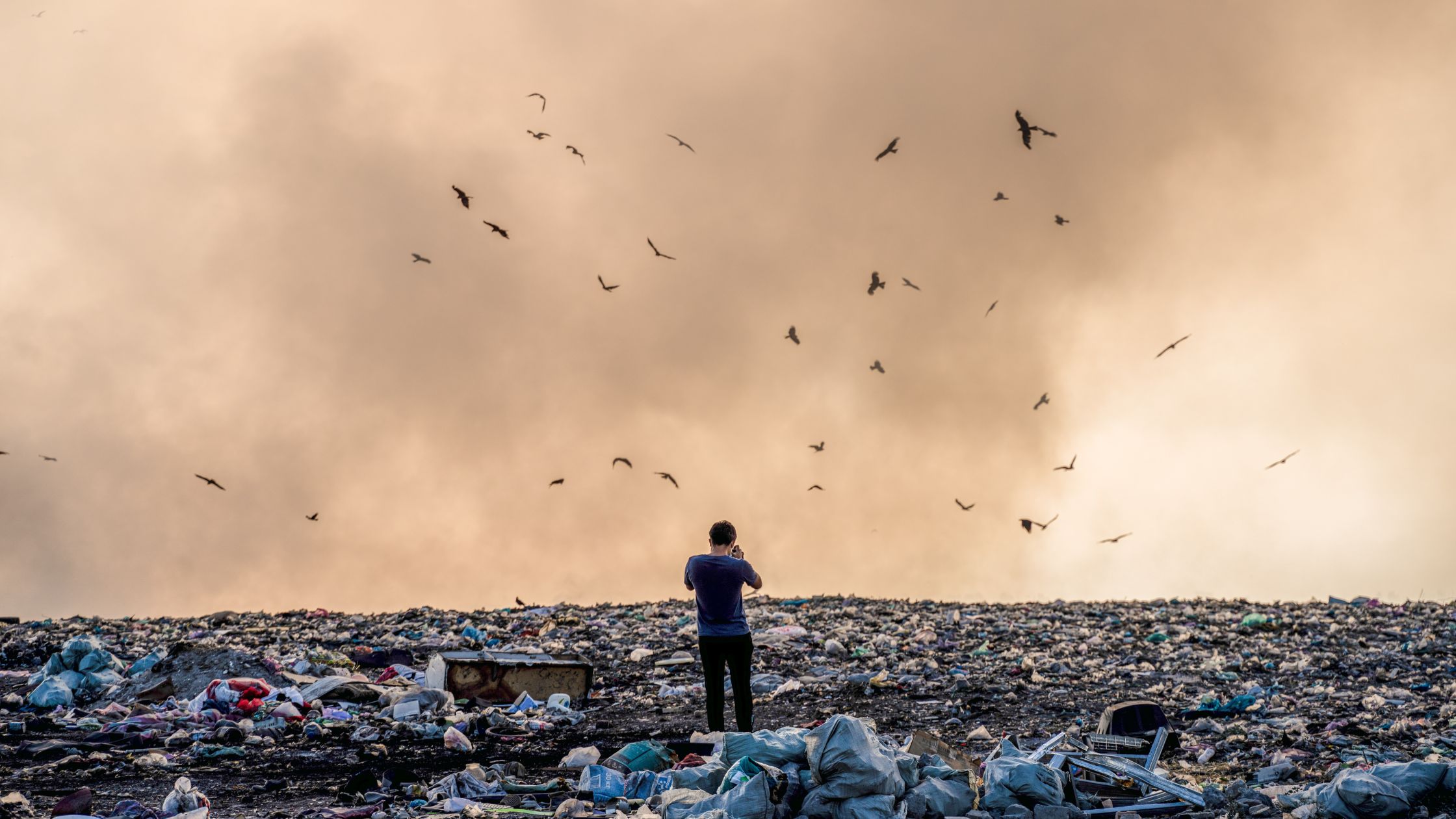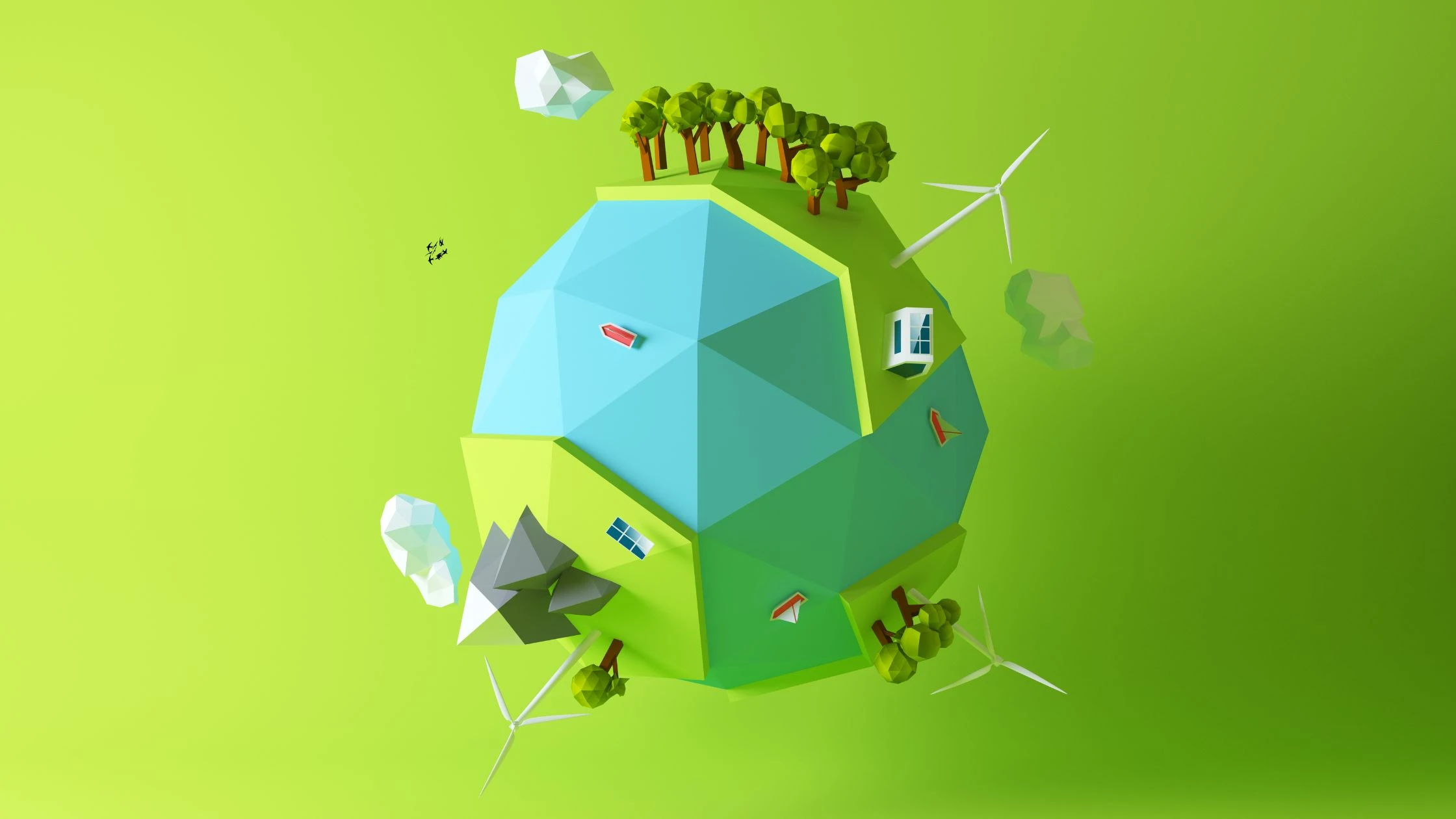
We know we talk a big game about saving the planet, but there’s no point in speaking if you don’t actually understand what we’re saying. We’ve picked out some key vocabulary we use, and the ones that make you lot go “huh?” to make sure you don’t just hear; you listen and follow along.
Here’s a good old-fashioned A-Z of the key terms, just for you.
5 R’s
Most people know the 3 R’s, “Reduce, Reuse, Recycle”, but it’s been extended to the 5 R’s which are: Refuse, Reduce, Reuse, Repurpose, Recycle or sometimes; Refuse, Reduce, Reuse, Recycle, Rot.
Refuse – say no to new stuff or even to gifts from people.
Reduce – reduce how much you buy, and own and how much you waste, including water and energy.
Reuse – reuse anything you can rather than throw it away. (This also includes repairing things)
Repurpose – if you can’t reuse it as it is then repurpose it and make something else useful.
Recycle – to recycle means to convert waste materials into new materials and objects.
Rot – anything that can’t be recycled should be able to rot.
ACC / AGW
ACC is Anthropogenic Climate Change and AGW is Anthropogenic Global Warming.
Sigh.
Anthropogenic means “originating in human activity (environmental pollution and pollutants).”
Anaerobic Digestion (AD)
Anaerobic digestion is the natural process by which microorganisms break down organic materials.
Biodegradable
A product or substance that can decompose naturally (by bacteria or living organisms). We love biodegradable materials as it means there’s no waste going to landfill!
Biodiversity
This term is being used a lot but many people don’t understand its meaning. Biodiversity refers to the variety of plant and animal life on Earth or even in a certain region.
Biodiesel
Biodiesel is made from materials such as vegetable oils, animal fats and even soybean oil. Biodiesel can be used in an ordinary diesel engine.
Bioenergy
Bioenergy is renewable energy derived from biological sources—to be used for heat, electricity, or vehicle fuel. Biofuel derived from plant materials is a significant component of these renewable energy technologies.
Biofuel
Biofuel is made from natural materials, normally from recently harvested plants. Biogas, Biodiesel, and Green Diesel are all biofuels. Biofuel can be gas, liquid or solid.
Biogas
Biogas is the gas (primarily methane and carbon dioxide) captured from the breakdown of organic matter (such as food waste, animal manure or even sewage) in an anaerobic environment (anaerobic means without oxygen).
Biomass
Biomass is defined as all plants and plant-derived materials including feedstock such as vegetable oils, forestry residues, wastes from pulp and paper mills, urban wood wastes, animal manure, plants, grains, and animal-based oils.
BPA
BPA, bisphenol A, is a chemical which is used to make polycarbonate plastics such as water bottles and food containers. Most commonly used when talking about BPA-free plastic, all plastics have the potential to leach harmful toxins into the food or contents but BPA is known to be more harmful.
Carbon Emissions
CO2 emissions are increasing. Burning oil, coal, and gas, as well as deforestation are the primary cause of the increased carbon dioxide concentrations in the atmosphere.
Carbon Footprint
Your carbon footprint is the amount of carbon emitted as a result of activities. A product can have a carbon footprint – for example, a product flown to the UK from Thailand has a larger carbon footprint than something which has travelled within the UK.
Carbon Neutral
Carbon neutrality, or climate neutrality or having a net zero carbon footprint, refers to achieving net zero carbon dioxide emissions by balancing carbon emissions with carbon removal (often through carbon offsetting) or simply eliminating carbon emissions (the transition to a “post-carbon economy”).
Carbon Offset
Quite a few companies, airlines mainly, offer you the chance to offset your carbon footprint. Most carbon offset schemes involve tree planting. Check out a carbon footprint calculator online and then contribute money to a relevant scheme to offset your own footprint.
Carbon Tax
The UK is considering a carbon tax, something some other countries already have in place.
This measure would introduce a tax on carbon dioxide emissions (and other greenhouse gas emissions on a carbon equivalent basis) produced by UK stationary installations.
The tax would be known as Carbon Emissions Tax and collected by HMRC annually.
Climate Change
When Earth’s climate demonstrates new weather patterns that last for a few decades, this is classed as climate change. Much of the recent climate change can be attributed to the increased use of fossil fuels resulting in increased carbon dioxide in the atmosphere.
Climate Crisis
Climate change has been known about for many years however it’s now believed that we have less than 12 years before the damage we’ve caused is irreversible, so it’s commonly referred to as a climate crisis instead.
Compost
Compost is organic matter that has decomposed.
Compostable
The official definition: “Something that is compostable can be used as compost when it decays”. The problem is that some items (like compostable plastics) can’t be home composted; you have to use an industrial composter. This term is often used but could be described as greenwashing.
Decompose
Decomposition is the decaying or rotting process.
Deforestation
The clearance of woodland, commonly in rainforest areas. Trees, and especially rainforests, are vital for all of us. Trees store carbon and provide oxygen as well as being a haven for wildlife. Deforestation can also increase the risk of floods.
Dioxins
Highly toxic chemicals are found everywhere that are extremely harmful to health. Known as Persistent Environmental Pollutants (POPs) because they remain in the soil, air, and water for many years. They’re produced by waste incineration and the burning of fossil fuels.
Fossil Fuel
Fossil fuels are formed over millions of years from organic matter such as plants and other life forms. Fossil fuels include coal, natural gas, oil, and petroleum. The burning of fossil fuels produces around 21.3 billion tonnes of carbon dioxide per year so it’s a major contributor to climate change.
Free Range
The definition of free range means livestock, especially poultry, is kept in natural conditions, with freedom of movement. Your best option is to buy eggs from someone you know who keeps chickens or to give up eating eggs.
Global Warming
A gradual increase in the overall temperature of the earth’s atmosphere is generally attributed to the greenhouse effect caused by increased levels of carbon dioxide, CFCs, and other pollutants.
GMO – Genetically Modified Organisms
The organisms are artificially manipulated (using bacteria or viruses) to create plants or animals that you wouldn’t find in nature. There are advantages to GMO and that’s that plants or animals can be created to be able to fight disease better. But it’s understandable why most people, including myself, are suspicious of them.
Green Technology (Environmental Technology / Clean Technology)
Technology is designed to reverse or reduce the impact on the environment. Some examples include vertical farming, LED lighting, and green burials.
Here are some more examples of green technologies:
-
Renewable energy technologies, such as solar panels, wind turbines, hydroelectric power, and geothermal power.
-
Energy-efficient technologies, such as LED lighting, energy-efficient appliances, and smart thermostats.
-
Electric vehicles and hybrid vehicles, which reduce emissions and dependence on fossil fuels.
-
Green building technologies, such as green roofs, energy-efficient windows, and sustainable insulation materials.
-
Waste reduction and recycling technologies, such as composting, recycling facilities, and waste-to-energy technologies.
-
Water conservation technologies, such as low-flow toilets and faucets, rainwater harvesting systems, and drip irrigation systems.
-
Sustainable agriculture technologies, such as precision agriculture, conservation tillage, and organic farming.
Greenhouse Effect
“The greenhouse effect is the problem caused by increased quantities of gases such as carbon dioxide in the air. These gases trap the heat from the sun, and cause a gradual rise in the temperature of the Earth’s atmosphere.” – Collins Dictionary
Greenhouse Gas
This is a gas that contributes to the greenhouse effect. Carbon dioxide, methane and chlorofluorocarbons (CFCs) are examples of greenhouse gases.
Landfill
Landfills are sites where waste is disposed of by being buried underground. Landfills can be damaging to the environment as they may pollute groundwater, let off greenhouse gases and cause odour pollution.
Ozone Layer
The ozone layer absorbs most of the harmful ultraviolet rays from the sun. It could be described as Earth’s shield.
Pesticide
A pesticide is a substance, normally chemical, which kills insects and organisms and may cause damage to crops or plants. Some pesticides are designed to deter ‘pests’, but many just wipe them out. Pesticides can cause damage to the soil and get into waterways.
Renewable Energy
The energy which is collected from renewable resources like the sun, wind, waves, and geothermal heat.
Solar Energy
One of the best ways of using renewable energy is to have solar panels fitted to your property. Your bills, long term, should go down and they are much better for the planet than just using electricity generated from fossil fuels.
Sustainable / Sustainability
Being sustainable means not depleting natural resources to maintain an ecological balance. In the simplest terms, if a tree is chopped down another is planted to replace it.
Waste Stream
A waste stream follows a product from its source to its disposal, whether that’s in a landfill or recycling.
Zero Waste
A popular new movement where individuals and families try to create no waste which will end up in a landfill. Often they try to limit the amount they send to be recycled as well.
I hope you found this eco glossary useful.
Have we missed any that have made you scratch your head? Contact us today to tell us off, or if you want someone who knows what they’re talking about to sort out your waste management.
Ready to start being an Earth saviour?
Contact us today.



